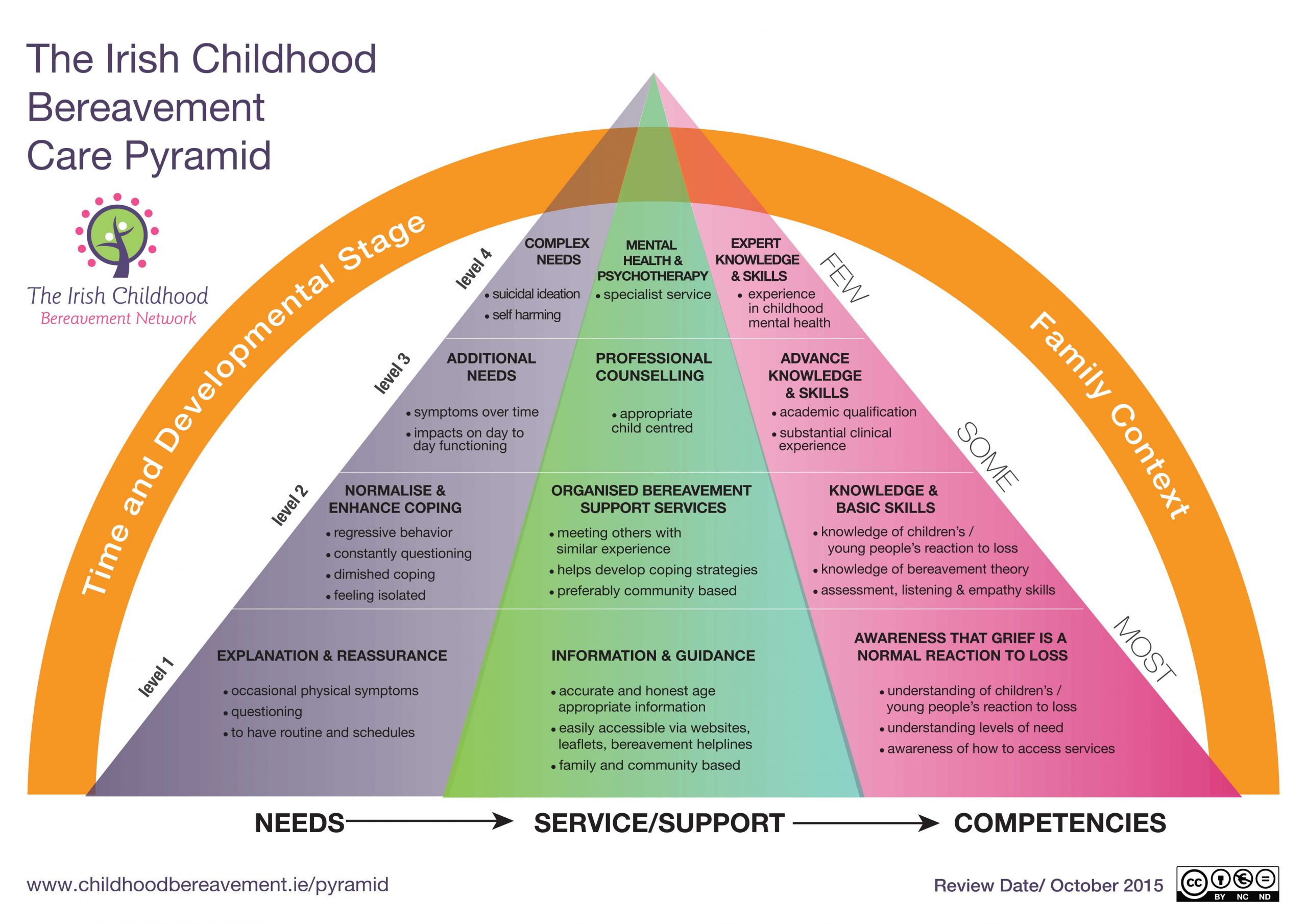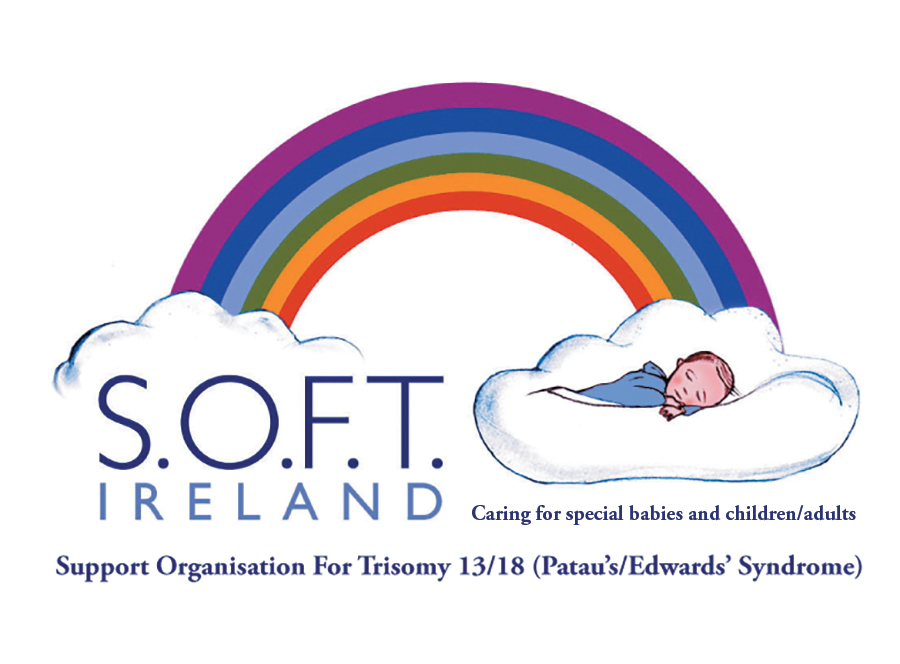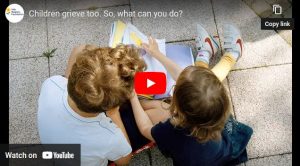Bereaved Children’s Awareness Week 2022
Bereaved Children’s Awareness Week 2022
14 – 18 November 2022
Every November, the Irish Childhood Bereavement Network (ICBN) organise a series of events across Ireland to highlight bereaved children’s needs and provide a voice for them to be heard.
Children are the “hidden mourners” in our society they feel the loss over a lifetime, and in different ways: as they grow and learn to understand the real meaning of death and loss. Every child has different needs, perspectives and understandings of what death means.
ICBN Ask
We know that all adults can help by understanding and seeing the needs of bereaved children. So this year, we are asking you to take one minute to watch the video below and learn how you can help to build a compassionate community where bereaved children are supported to express grief.
ICBN Online Events 14 – 18 November 2022
In the lead up to this week ICBN will host an array of online webinars targeted at the public and professionals.
See HERE
Irish Childhood Bereavement Network

The Irish Childhood Bereavement Network (ICBN) was founded in 2012 to act as a hub for those working with bereaved children, young people and their families. Upon its establishment five key priority areas were outlined:
Support professionals to deliver high quality and accessible bereavement support;
Signpost families and carers to a directory of bereavement support services;
Inform the general public regarding issues involved in childhood loss;
Advocate for bereaved children, young people and those supporting them;
Generate new ideas and approaches to improving bereavement support for children.
In 2015 the ICBN developed the Irish Childhood Bereavement Care Pyramid. The pyramid identifies the needs of ‘most’, ‘some’ and ‘few’ bereaved children. It encourages adults who care for bereaved children to understand that, in most situations, children can be supported by providing accurate information and emotional support through their family and community. The pyramid further identifies the types of services appropriate for ‘some’ and ‘few’ children who have extended needs and will require support outside the home.


